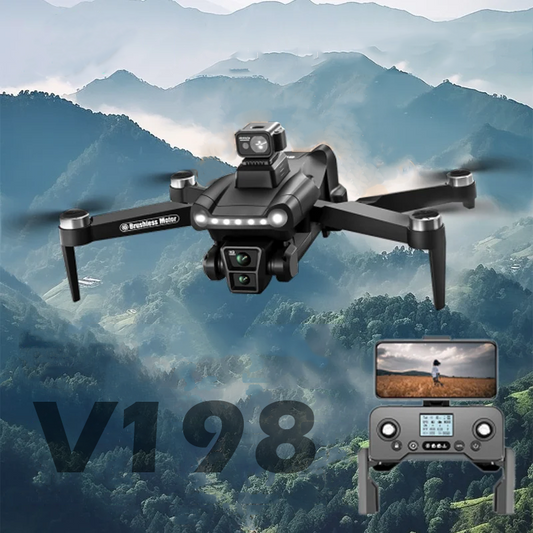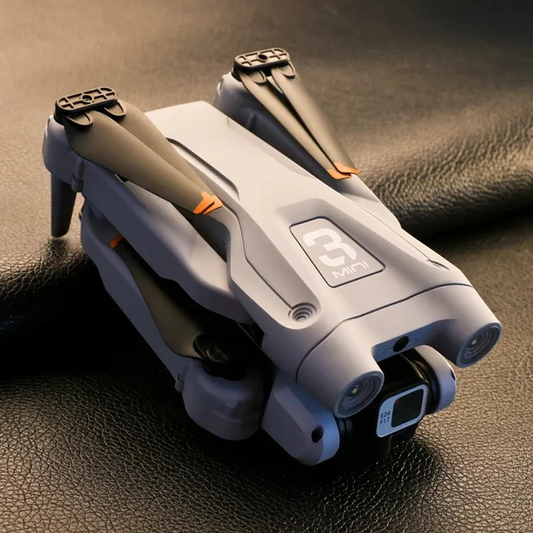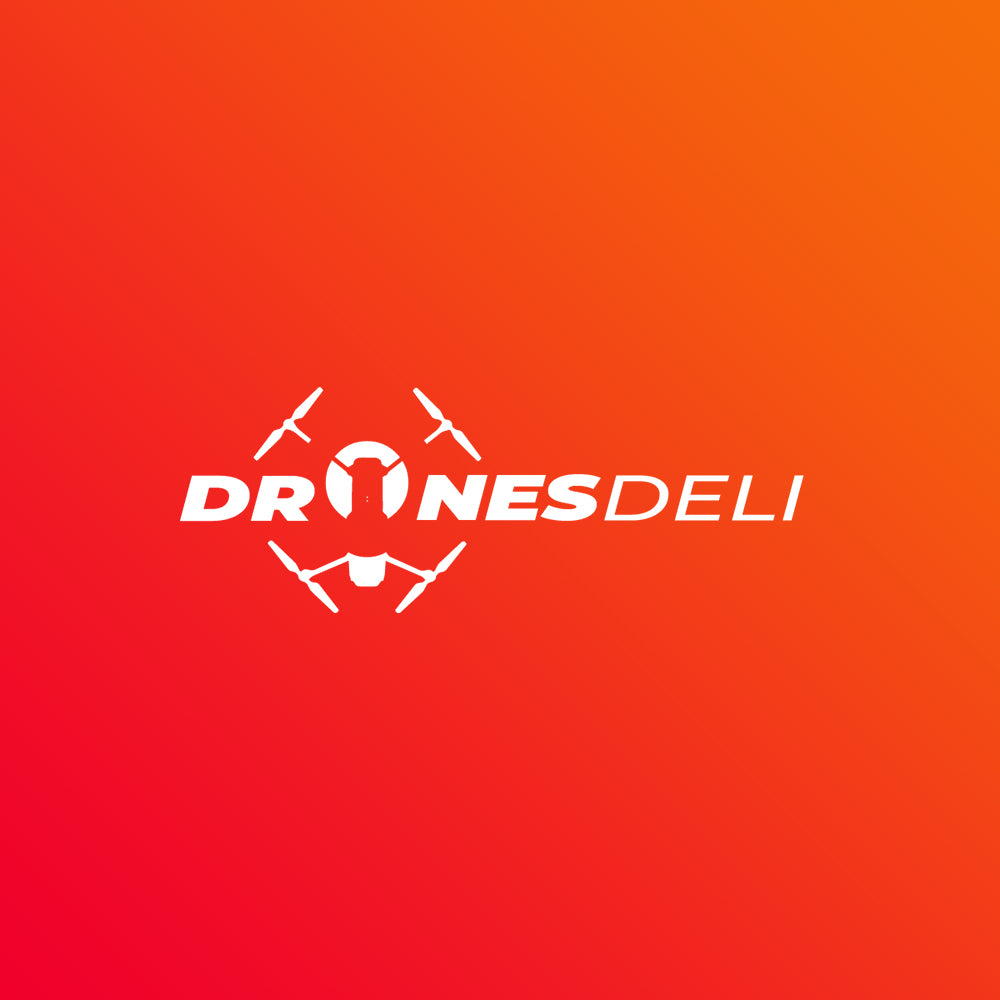The Ethical Considerations of Commercial Drone Use

In recent years, the skies have witnessed a technological revolution with the widespread adoption of commercial drones. These unmanned aerial vehicles (UAVs) have transformed various industries, from agriculture and construction to photography and delivery services. However, with great technological advancements come great ethical responsibilities. In this article, we delve into the ethical considerations surrounding the commercial use of drones, exploring the impacts on privacy, safety, and societal norms.
1.The Soaring Rise of Commercial Drones

Commercial drones have soared to new heights, offering innovative solutions across diverse sectors. These unmanned aircraft provide cost-effective and efficient alternatives for tasks that were once labour-intensive or logistically challenging. Agriculture benefits from precision farming, where drones monitor crops and optimise irrigation. Construction sites leverage drones for surveying and monitoring progress. E-commerce giants explore drone deliveries, promising faster and more convenient services.
As the applications of commercial drones continue to expand, it becomes imperative to assess the ethical implications associated with their use.
2.Privacy in the Skies

One of the primary ethical concerns surrounding commercial drone use is the invasion of privacy. Drones with high resolution cameras can capture detailed images and videos, raising concerns about the unintentional surveillance of individuals. Imagine a drone hovering outside your bedroom window or capturing footage of your backyard barbecue without consent.
To address these concerns, regulations and guidelines must be established to govern where and how drones can operate. Striking a balance between innovation and privacy protection is crucial. Implementing geofencing technology, which establishes virtual boundaries for drone flights, can prevent unauthorised intrusions into private spaces.
3.Safeguarding the Skies: Safety First

Safety is a paramount concern when it comes to commercial drone operations. The risk of collisions with other aircraft, structures, or even people on the ground demands stringent safety measures. Ensuring compliance with air traffic regulations and implementing technologies like collision avoidance systems are essential steps in mitigating these risks.
Piloting drones responsibly involves comprehensive training for operators. Emphasising the importance of adhering to flight restrictions, maintaining a safe distance from restricted areas, and conducting regular equipment checks contribute to a safer drone ecosystem.
Additionally, ethical considerations extend to the potential misuse of drone technology. Law enforcement agencies utilising drones for surveillance should adhere to strict guidelines to prevent unwarranted invasions of privacy. Striking a balance between leveraging drone capabilities for public safety and protecting individual rights is crucial.
4.The Human Touch: Employment and Job Displacement

As drones automate various tasks, concerns about job displacement in certain industries arise. While drones enhance efficiency and reduce costs, they can also lead to job redundancies. For instance, automated drones in agriculture may replace the need for manual labour in crop monitoring.
Ethical considerations here revolve around ensuring a just transition for workers affected by automation. Implementing retraining programs and creating new job opportunities in emerging drone-related industries can help address the ethical dilemma of job displacement.
5.Environmental Impact: Navigating the Green Skies
While drones present themselves as environmentally friendly alternatives in various applications, such as monitoring wildlife or delivering goods, their manufacturing, maintenance, and energy consumption must be considered. The ethical responsibility lies in developing sustainable drone technologies, from materials used in manufacturing to the energy sources powering their flights.
Investing in research and development for eco-friendly drone solutions, such as solar-powered drones or those made from recyclable materials, is vital. Striving for a balance between the benefits of drone technology and its environmental impact ensures a responsible approach to commercial drone use.
6.Societal Acceptance: Navigating the New Normal
As with any disruptive technology, societal acceptance plays a crucial role in the ethical considerations of commercial drone use. Ensuring that communities are informed and engaged in the integration of drones into their daily lives fosters a sense of acceptance and cooperation.
Educational initiatives, public forums, and transparent communication regarding the benefits and potential drawbacks of drone technology contribute to building trust within communities. Open dialogue allows for the establishment of guidelines that align with societal values and concerns.
Drones for Commercial Use
In the rapidly evolving landscape of commercial drone use, ethical considerations are integral to shaping a responsible and sustainable future. Balancing innovation with privacy, safety, employment, environmental impact, and societal acceptance requires a collaborative effort from regulators, industry players, and the general public.
As commercial drones continue to redefine industries and push technological boundaries, it is essential to foster a culture of responsibility. By addressing the ethical considerations head-on, we can ensure that the skies remain not only a hub of innovation but also a space where ethical principles guide the trajectory of progress. Together, let us navigate the ethical skies and pave the way for a harmonious coexistence between technology and humanity.
Explore a variety of drones at our online drone store.
Happy Flying!









